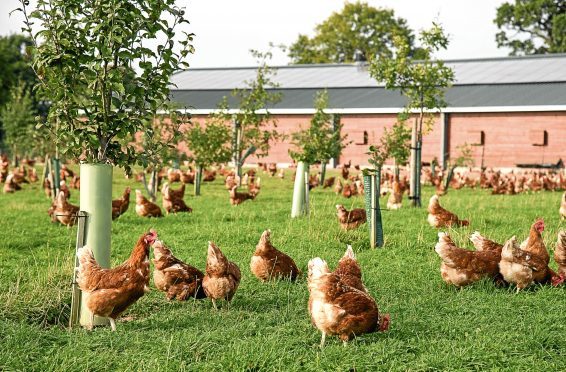Free-range egg producers will still be able to market their produce as free-range for up to 16 weeks when their hens are kept in restricted conditions due to avian influenza outbreaks.
In September the European Commission put a measure in place to allow producers to retain their free-range status for up to 12 weeks during periods when they are unable to give the birds open-air access.
The commission has now extended this period and from today, producers will be allowed to retain free-range status for up to 16 weeks during bird flu restriction periods.
“The marketing standards already allowed eggs to be labelled as free-range even if birds were kept indoors as a result of EU-wide measures, but the 12-week derogation was considered too short,” said the commission.
“This meant that eggs normally marketed as free-range had to be sold as ‘barn eggs’ if the hens were kept indoors for more than 12 weeks, leading to economic losses for farmers. With the likelihood of further prolonged outbreaks of avian influenza in the future, and following discussions with member state authorities and industry stakeholders, the decision was taken to extend the period from 12 to 16 weeks.”
There are around 380million hens in the EU, of which 54million, or 14%, are kept in free-range systems. The UK market accounts for 53% of free-range egg sales and the country has 41% of all free-range egg flocks in Europe.
